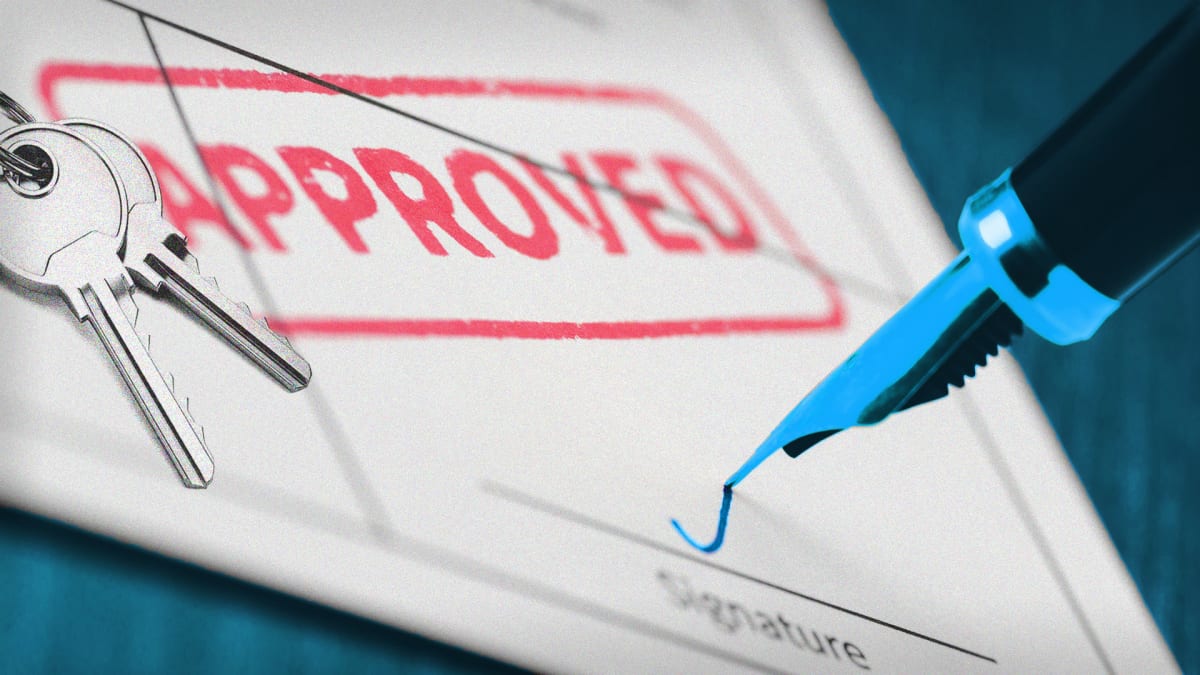
There’s good news and bad news when it comes to credit scoring agencies and bias.
The good news is that credit scoring companies are taking active steps to curb historic bias in credit scoring decisions, such as allowing rental payments to be factored into credit decisions and improving the accuracy of predictive tools that are routinely less accurate (by up to 10%) for lower-income and minority credit applicants.
The bad news? Historic bias still exists in the credit scoring market and it's hurting financially disadvantaged Americans lenders and creditors need to step up and rectify the issue.
''It's no secret that the financial industry has a history of bias,” said LBC Mortgage founder Alex Shekhtman. “From redlining to subprime lending, minority communities have long been underserved by lenders and credit providers.”
While many institutions have made an effort to address these issues in recent years, historic bias continues to be a problem.
“A good example of historic bias would be when a financial institution only approves loan applications from people with a certain income level or who own their own homes,” Shekhtman told TheStreet. “This type of bias can result in people with lower incomes or who rent their homes being denied access to credit and loans.”
Consequently, historic and systemic bias is a huge problem in America’s most widely used credit scoring models.
“The ways of judging “creditworthiness” were determined back in the 1950s and haven’t caught up to reflect the modern-day consumer,” said Zest AI chief executive officer Mike de Vere. “Because of this outdated system, millions of people in the U.S. aren’t able to get a loan, when you use more data and better math they would realistically be a great person to approve a loan.”
That scenario has real-world problems for credit consumers in 2022.
“People can’t get a mortgage, buy a new car, pay for higher education courses because the system isn’t fair or accurate,” de Vere noted.
Zest Offers Artificial Intelligence Solution
Financial technology companies that help lenders and creditors eliminate historic bias in their credit decisions are emerging, and that’s good news for the credit scoring market.
Take Zest AI, which is taking “more approvals, less risk” to credit application decisions.
Lenders using Zest have seen, on average, 25% increases in approval rates with no added risk, and are seeing 40% reductions in charge-offs, along with robust improvements in automation and inclusive lending
At First Service Credit Union in Houston, Tx., institution officials junked a manual loan underwriting process and leveraged a Zest-built auto loan lending model to explore more than 12,000 credit variables to find 250 data points that generated a significantly more accurate view of applicant’s credit worthiness.
The credit union saw its loan approval rate rise by 23% with less credit risk and with loan decision times made in less than two seconds.
Zest AI was able to show the path to better lending results and no historic bias on credit by leveraging a simple AI-driven process - more data and better math.
“Our AI-automated underwriting technology is trained to take thousands of data points about a borrower, determine the top 200 or so that best indicate someone’s ability to pay back a loan, and spits out a decision that is consistent and equitable,” de Vere told TheStreet. “When you can label borrowers more accurately, you can tune out the bias in your lending better, because you’re actually able to prove that you’re lending fairly.”
A Way Up for Disadvantaged Borrowers
For consumers who can’t seem to get a fair shake from lenders and creditors, AI-driven credit models could be a green light.
“The problem is there’s a black box that keeps consumers from truly understanding how their credit is decided upon, so they probably don’t know,” de Vere noted. “But they should understand that they aren’t alone in thinking that their credit score is inaccurate.”
One step credit consumers can take is to advocate for measures with their elected representatives, such as incorporating AI into underwriting loans, that would improve the accuracy and fairness of credit decisions.
“Consumers know they’re more than a three-digit score and that they deserve equitable access to credit,” de Vere said.
Financial institutions also need to step up and improve their credit decision track record on historical bias.
“For one, they can make an effort to increase transparency in their decision-making process,” Shekhtman said. “This way, consumers can see why they were denied credit or why they received a higher interest rate.”
Shekhtman offers three additional ways lenders can improve on credit-related bias issues.
· Financial institutions can work with community groups and organizations to ensure that their products and services are accessible to all.
· Financial institutions can provide training on historical bias for all employees who play a role in the lending process. “This will help employees to identify instances of bias and take steps to avoid it,” Shekhtman said.
· Finally, institutions can provide financial education resources to help consumers understand the credit and lending process.
If you feel like you've been a victim of historic bias in a household credit or lending decision, there are a few things you can do.
“First, you can reach out to the lender or credit provider and ask for an explanation,” Shekhtman added. “Additionally, you can file a complaint with the Consumer Financial Protection Bureau or your state's attorney general's office.”
“It’s also a good idea to consult with a housing counselor or civil rights attorney for more information on your credit-related rights and options.''







